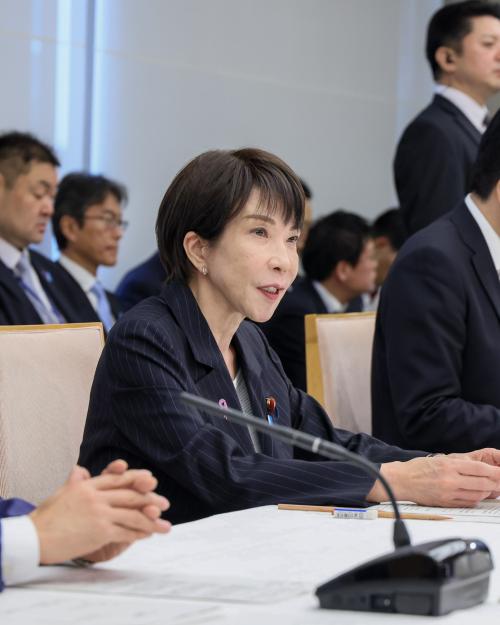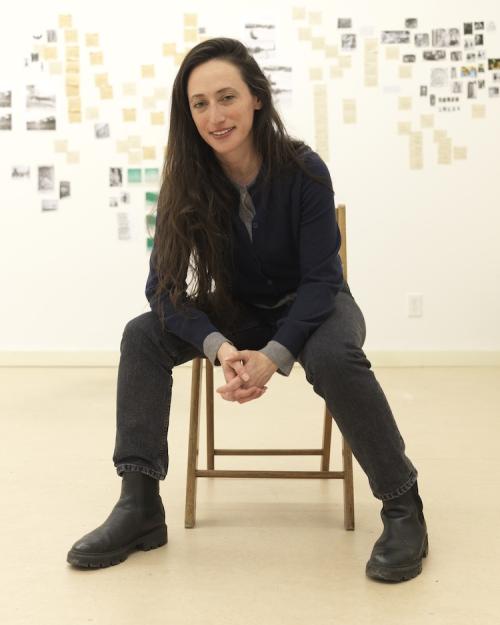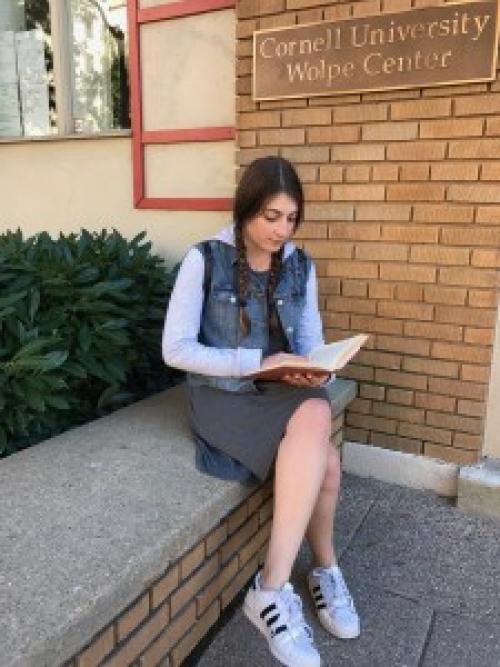In her post this week, junior Isabel Caro discusses the importance of working alongside and listening to people with differing opinions. She explains how her government class this semester provides ample space for this, while also encouraging the type of critical thinking she feels defines a College of Arts & Sciences education.
By: Isabel Caro '18
As a Government major, I am always looking to learn about and discuss controversial topics in relation to how our country operates - more specifically, I’ve tried to seek out classes about social and racial inequality in America. This semester, Government 3012: The Politics of Poverty in the U.S. is a great fit for me. At the first lecture of the year, Professor Jamila Michener informed the class that we would be prompted to deliberate over topics that we may find uncomfortable – and she encouraged that. In addition, she admitted that many of our questions and doubts about the politics of poverty in America would remain unanswered at the end of the class; this was a breath of fresh air to me. At that moment, I was reminded of what an education at Cornell really means: critical thinking, honest discussions, and an accumulation of skills that enable us to continue to think for ourselves beyond the classroom. We are encouraged to grow, to question, and to be curious. After gaining knowledge and information, we can then make our own inferences about certain topics. In the case of GOVT 3012, we are mainly concerned with the relationship between poverty and the underlying politics behind it. So far in the course, we’ve discussed inequality in wealth and education, the history of poverty, “the culture of poverty,” our social contexts and poverty, and how race and poverty interact, and we definitely don't always come to a common consensus when discussing these big issues! I firmly believe, however, that it’s important to share ideas and thoughts with people who don’t agree with you. Republicans and Democrats alike should have uncomfortable conversations in order to arrive at a better understanding of public policy. Poverty is a big issue – we have over 47 million people living in poverty in this country and a disparate number of them are people of color. Why is that? It’s beyond a tough question to answer but we can begin to break down certain aspects of society to fascinating levels in an attempt to understand the underlying problems. Classes at Cornell have so much to offer intellectually and I cannot wait to find out what else is in store for me this semester.




